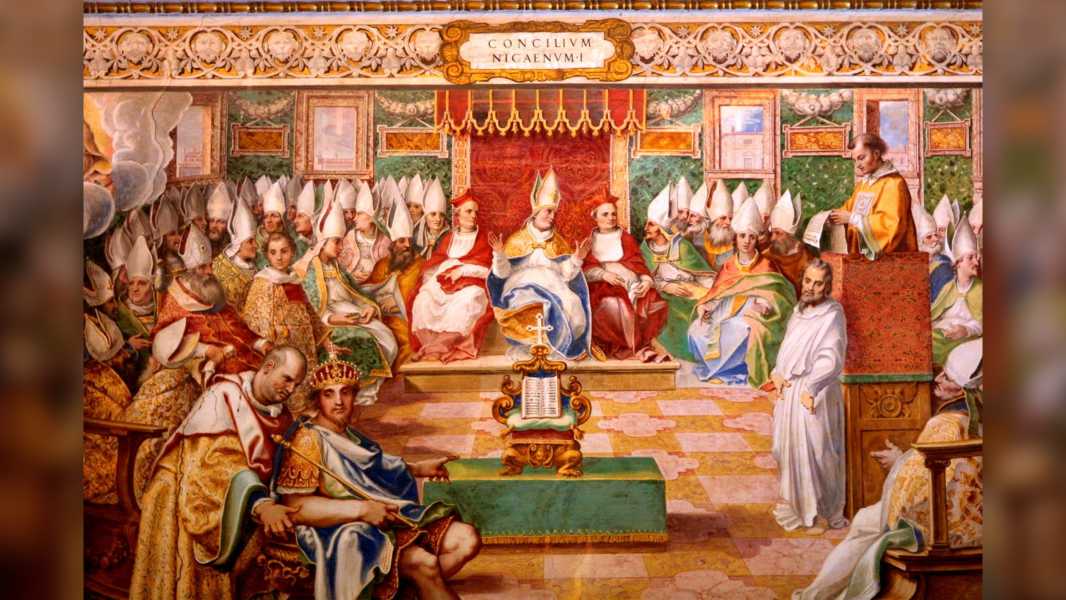
It is sometimes claimed that Easter has pagan roots and uses symbolism associated with paganism, such as eggs and rabbits, but historians generally do not believe that it has pagan connections. (Image credit: Sarayut Thaneerat via Getty Images)
Why does Easter change every year while dates like Christmas remain the same? The early church had difficulty determining the date of Easter, and procedures for planning the holiday were not finally established until the 16th century. Furthermore, the Easter dates used by most Western Christian churches do not match those used by most Eastern Christian churches.
In the early days of Christianity, different Christian communities celebrated Easter on different days. All agreed that Jesus Christ was crucified, and that Easter celebrated his resurrection a few days later. However, early Christians in Asia Minor (modern-day Turkey) celebrated the date of his crucifixion on the first day of the Jewish holiday of Passover—Pesach in Hebrew—which commemorates the liberation of the Jewish people, described in the biblical Book of Exodus, after their deliverance from slavery in Egypt.
According to the Jewish calendar, Passover begins on the 15th of Nisan, but it was originally celebrated on the 14th of Nisan, which corresponds to the first full moon of spring. In Christianity, Jesus' last supper was the Passover meal he shared with his disciples the night before his crucifixion.
In the West, however, early Christians celebrated the resurrection on the first day of the week after Easter—Easter Sunday—and believed that the crucifixion had occurred two days earlier, on Good Friday. All other Easter dates, including Palm Sunday—the Sunday before Easter that marks Jesus's arrival in Jerusalem—depend on the changing date of Easter.
This meant that early Western Christians celebrated Easter on the first Sunday after the 14th day of Nisan, which may have been several days later than early Eastern Christians celebrated it.
Council of Nicaea

At the Council of Nicaea in 325 CE, early church leaders sought to unify Christian beliefs.
As the Church's influence grew, some controversies, such as the date of Easter, became the subject of serious debate; in 325 CE, the First Council of Nicaea attempted to resolve these issues.
This gathering of early church leaders took place in the Eastern Roman city of Nicaea (now Iznik in western Turkey) to unify Christian doctrines. (The Second Council of Nicaea took place in 787, but the first is considered the most significant.)
According to Ken Dark, professor of archaeology and history at King's College London, the First Council of Nicaea enshrined Christian beliefs in the Nicene Creed, a version of which was
Sourse: www.livescience.com





